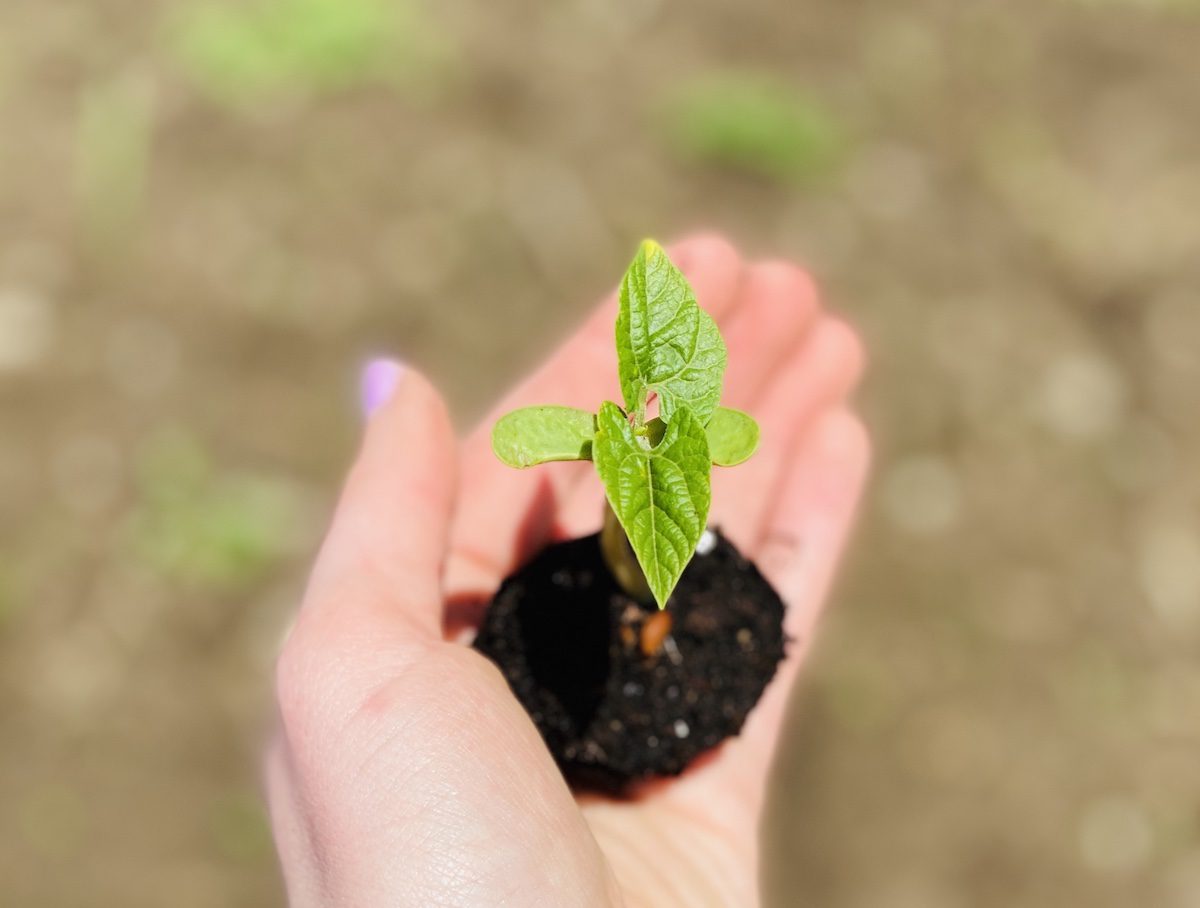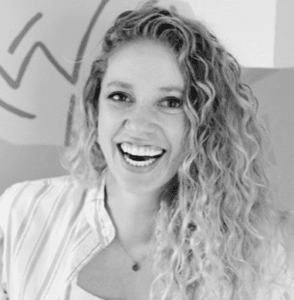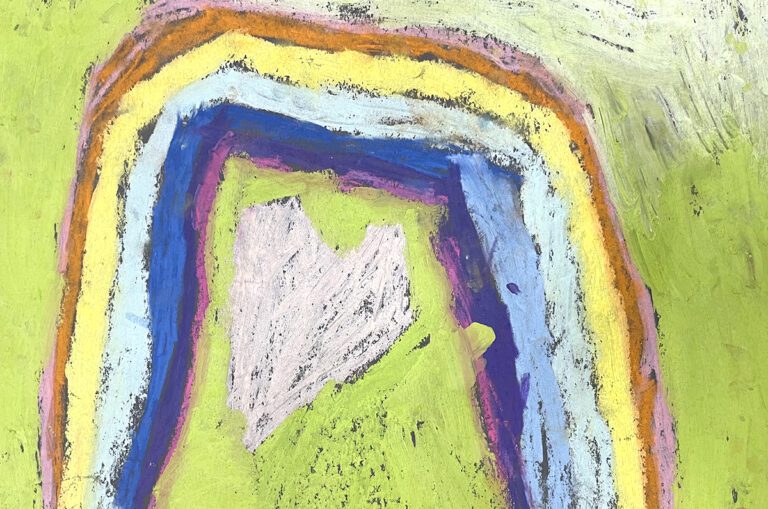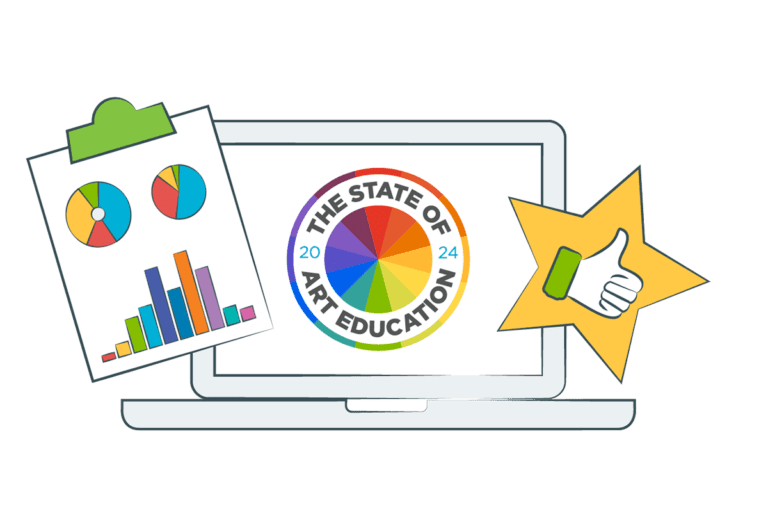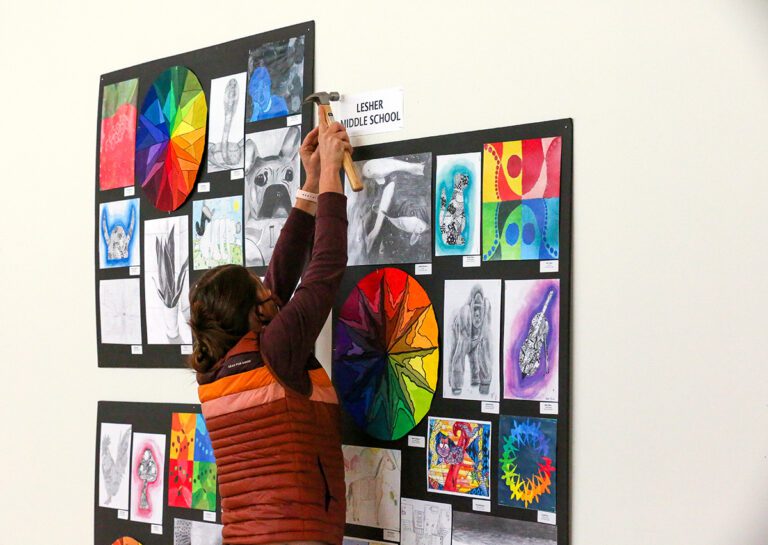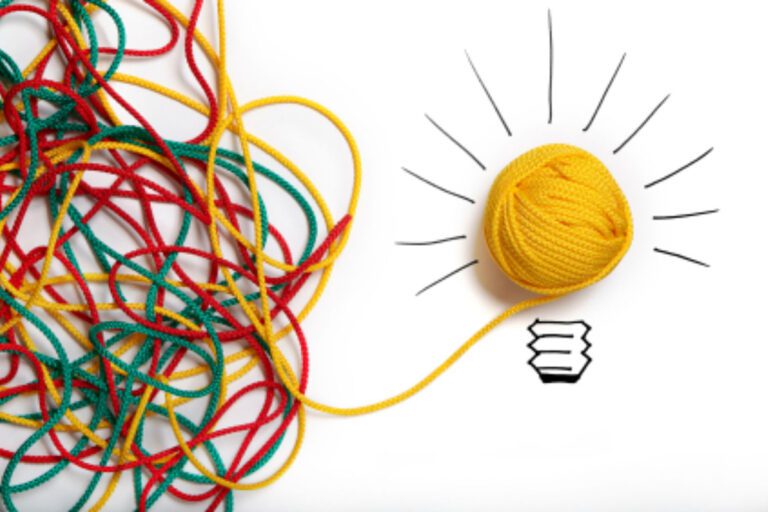Return to Learn with AOEU
Let’s face it; we are all feeling lots of things right now. We have concerns about returning to school safely during a pandemic, questions about how art materials can possibly be sanitized in time for another group of students to use them, and stress around how to continue with distance learning.
Though it’s nearly impossible to rid yourself of any stress, you can work to reframe your stress as a positive asset. Kelly McGonigal encourages you to make stress your friend in her powerful TED talk. Interestingly, the belief alone that stress is negative is enough to cause health issues. However, reframing your stress as a positive and necessary survival mechanism is enough to offset the potential health risks.
All that being said, your stress exists, and it’s not going anywhere. So, how are you going to harness your stress and make the best of any situation that’s thrown your way?
Let’s take a look at these 10 truths you should accept now:
1. Your school year is not going to be normal.
This one is obvious. We all felt our sense of normalcy, whatever that looked like, disappear a while ago. Despite missing some things, “normal” isn’t always a good thing. Learning and changing things for the better is a necessary part of growth.
Returning to “normal” isn’t going to happen, and that’s okay. We will make a new normal., a safe, supportive, creative, and loving normal. We will continue to grow as we do things we never thought possible.
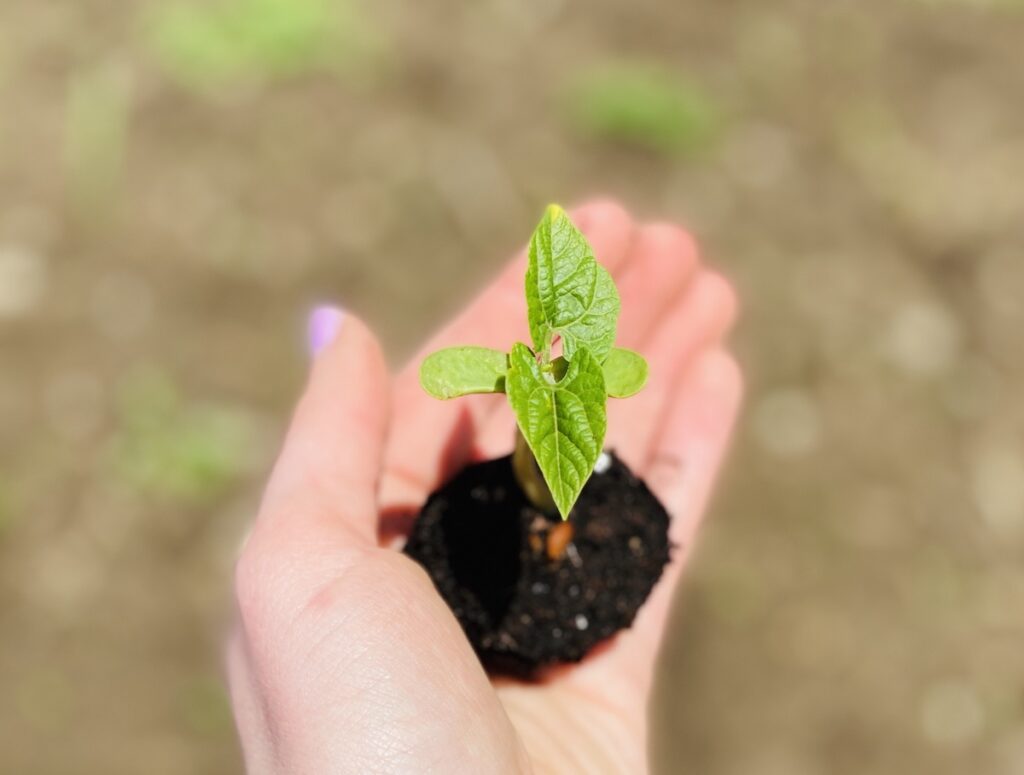
2. Your physical health is the top priority.
Now is not the time to “push through” feeling sick. As teachers, we often come to school despite having a terrible headache or an awful cold because we don’t feel like we can miss a day. But for the safety of our families and students, it’s important to prioritize making healthy decisions.
3. Your mental health is incredibly important.
Check-in on the status of your own mental health. Touch base with your friends, loved ones, your own kids, and your students. If you are able, consider the benefits of therapy to help you practice being the best version of you, especially through uncertain times.
4. You need to be flexible.
Flexibility is every art teacher’s middle name. We know how to find creative solutions, problem-solve, and make just about any situation work. No matter how your district plans to start the school year, it’s likely that you’ll return to distance learning at some point. You need to practice being flexible and finding the good in what you can control.
5. Your students are going to have lots of feelings.
Our artists love us and miss us. Addressing feelings of loss, anxiety, fear, confusion, lack of motivation, loneliness, and depression with our students will be important to help them work through what their feelings look like. Focusing on social-emotional learning is a great way to support your students and to help build meaningful connections.
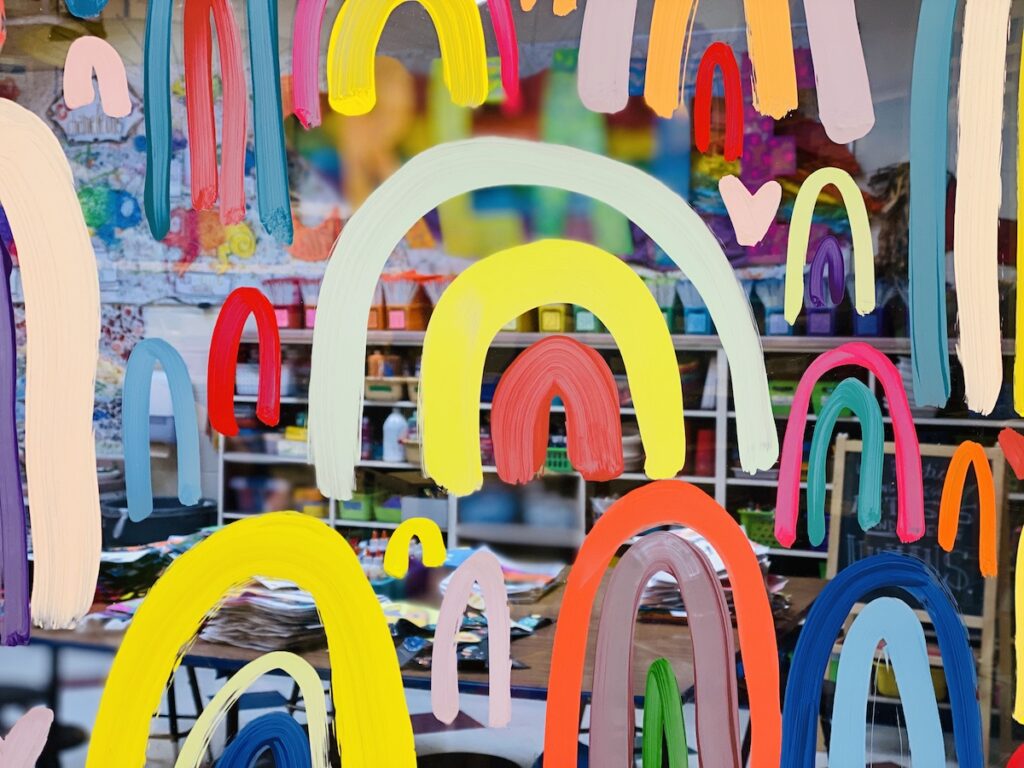
6. You will need to learn new ways to teach.
Mask wearing, deflecting hugs from children, online art shows, sanitizing art supplies, setting up Google Classrooms, and the list goes on. It’s all going to be different than any school year we’ve ever been a part of. Stay open-minded and use this new experience as a way to become an even stronger art educator.
7. What works best for you may not work best for everyone else.
You work with a team of educators, administration, guardians, and students. Decisions are made for the entire school and may not be your choice. You’ll need to do things you don’t want to do because it works best for everyone. Try and remember that everyone around you is simply trying to do their best.
Return to Learn with AOEU
8. You need to be patient.
We are all getting really good at waiting, even if it’s not the most fun. Expectations for next year are unknown. Because of the ever-changing situation, practicing your patience will be necessary. Even though you want your answers right now, you’ll need to keep working out your patience muscles.
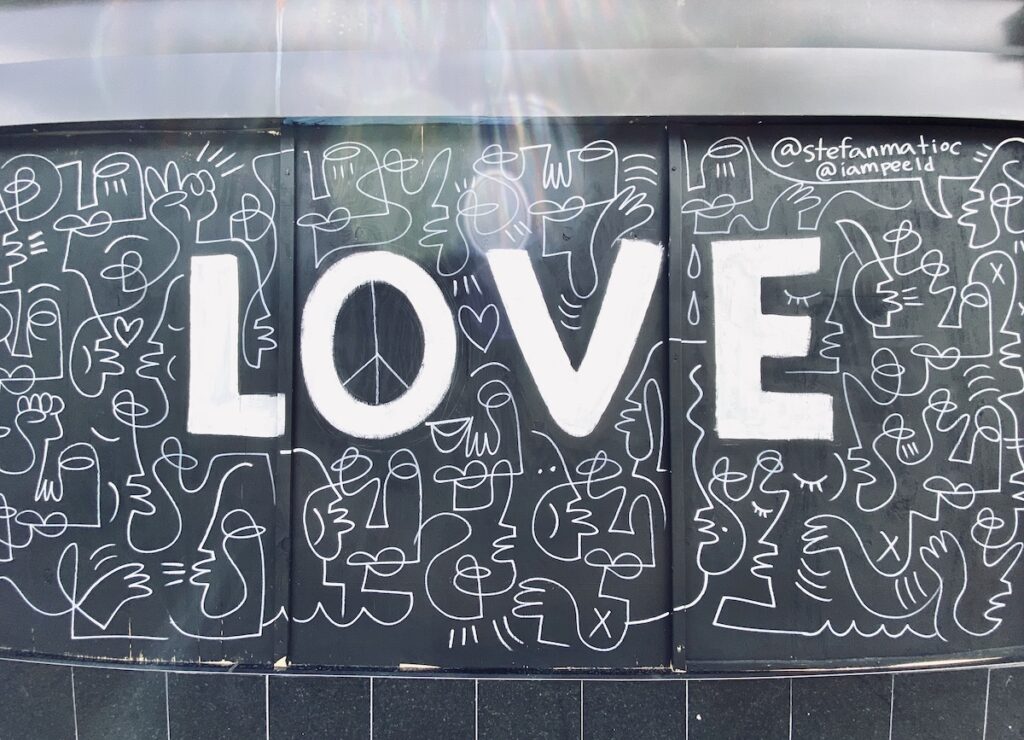
9. You will not be able to do everything you normally do.
Hosting a school art club, your school-wide art show, museum field trips, collaborative team projects are all up in the air. Instead of mourning the loss of what you can’t do, focus on what you can do. You can still connect with kids, create art, be inventive, and give your students a meaningful art experience.
10. You are strong and resilient.
Shout this truth from the mountaintop! Take pride in how far you have come and the obstacles you have surpassed. Continue to lean on the people who support you and celebrate how strong and resilient you are. Remember, “Courage requires focusing on others, rather than on yourself, and is, as a bonus, among the best ways to manage fear and enhance well-being more generally.”
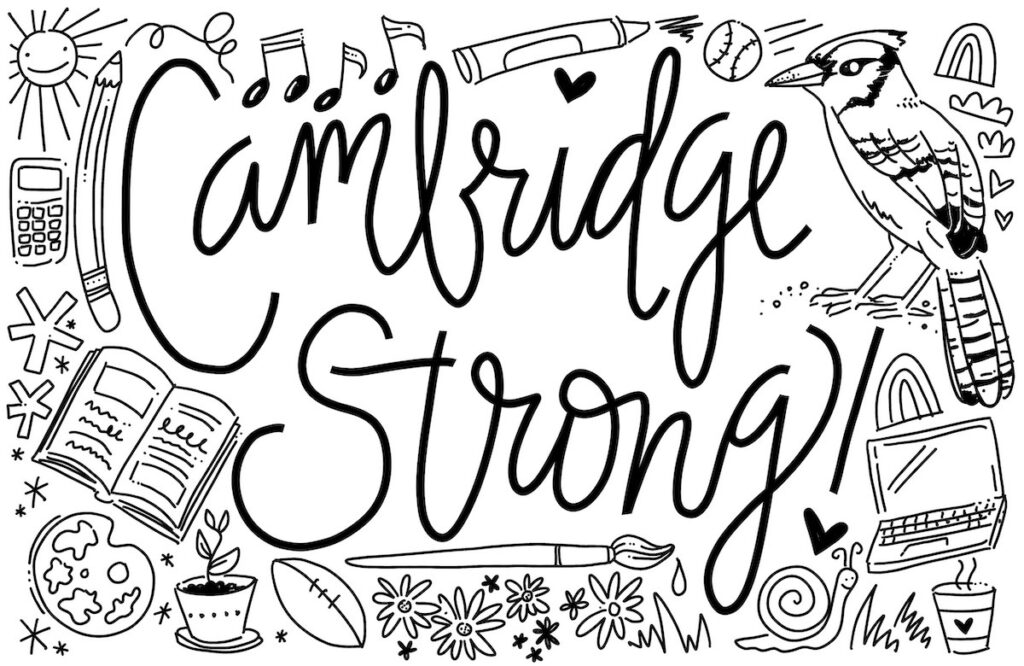
No matter what, remember to try your best to stay positive when dealing with change and keep supporting each other. We’ve got this.
What’s the hardest truth about next year to accept?
Why is it so important to focus on what you can control?
What can we learn from our new “normal”?
Magazine articles and podcasts are opinions of professional education contributors and do not necessarily represent the position of the Art of Education University (AOEU) or its academic offerings. Contributors use terms in the way they are most often talked about in the scope of their educational experiences.
